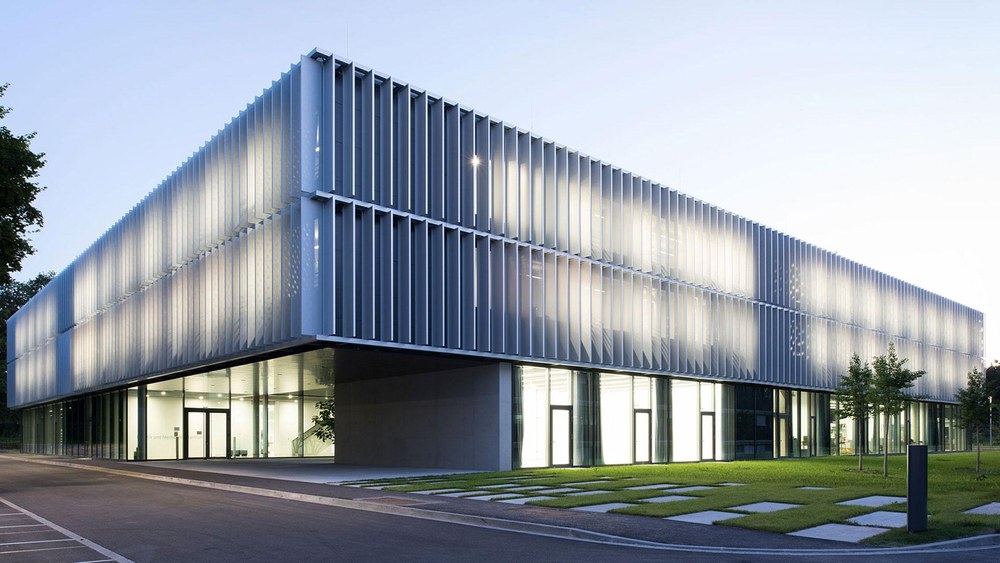The Institute of System Dynamics and Control

Innovative systems for the world of tomorrow
Mechatronic systems are becoming ever more powerful thanks to continuous research into intelligent control functions. At the Institute of System Dynamics and Control, we are working to further develop advances in the areas of microprocessors, sensor technology and software with regard to performance, safety, energy efficiency and sustainability.
Our goal: We are looking for innovative solutions for space robots, fixed-wing aircraft and road and rail vehicles. At the same time, we also want to pass on our expertise to other sectors and facilitate technology transfer, for example to drive forward the development of industrial robots and wind turbines. We work closely with industrial and research partners as well as other DLR institutes.
We are leaders in the development of international modelling standards such as Modelica and the Functional Mock-up Interface (FMI) for the physical modelling and simulation of system behaviour. In addition, we develop modelling libraries for various application areas.
Our expertise extends seamlessly from computer-aided design to impressive hardware tests with our test benches and test vehicles such as the DLR Robotic Motion Simulator and the DLR-ROboMObil.
Space research
In the field of robotics and mechatronics, especially in the areas of planetary exploration and on-orbit servicing, we make a significant contribution to the development of space systems and individual subsystems. We focus on simulation, design optimisation, testing and control.
Our fields of research include wheel-ground interaction in planetary rovers, the locomotion of landers on asteroids, the dynamics of satellite docking manoeuvres and the evaluation of launch systems, including their reusability. In other words, we are looking at how robots and space systems move, are designed and interact with each other.
Aeronautics research
Aeronautics research at the Institute of System Dynamics and Control focuses on the development of innovative flight control and aircraft on-board systems. Our main objective is to achieve a reduction in aircraft weight through the active reduction of structural loads. At the same time, we endeavour to improve the (semi-)autonomous operation of both manned and unmanned aircraft.
Another important aspect of our research is the further development, evaluation and optimisation of aircraft energy systems in order to minimise fuel consumption. Our focus is therefore on increasing efficiency and reducing weight in order to optimise the performance and autonomy of aircraft.
Our research not only aims to overcome technological challenges, but also contributes to making the aviation industry more sustainable and progressive.
Transport research
Research activities in the field of transport focus on the aspects of safety, comfort and resource-conserving handling in the context of road and rail vehicles. Energy management, driving dynamics and vehicle intelligence take centre stage. In particular, the aim in these areas is to tap into the potential of electromobility and promote its introduction through targeted research.
The development of modular, mechatronically highly integrated chassis and drives benefits significantly from a holistic approach based on vehicle concepts. The latter form the overarching framework for the coordinated development of concepts, methods and technologies within the DLR projects Next Generation Car and Next Generation Train.
